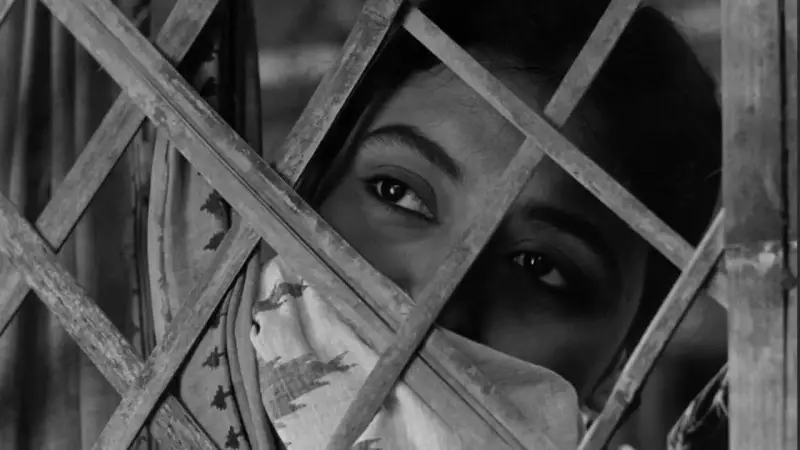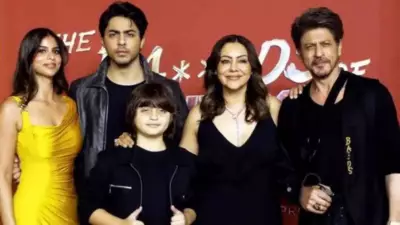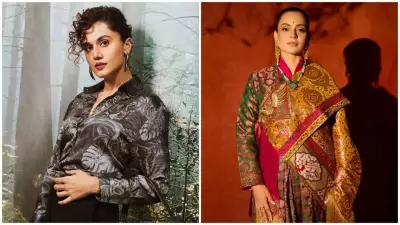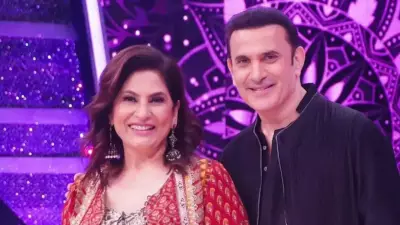
The hallowed halls of the Kolkata International Film Festival (KIFF) are set to witness a monumental conversation as two titans of Indian cinema, one present and one immortal, come together in spirit. Master filmmaker Adoor Gopalakrishnan will lead an exclusive session dedicated to exploring the transformative genius of the legendary Ritwik Ghatak.
A Meeting of Cinematic Minds
In what promises to be one of the festival's most anticipated events, Gopalakrishnan will delve deep into Ghatak's unparalleled influence on Indian filmmaking. "The opportunity to discuss Ghatak's work is both an honor and a responsibility," Gopalakrishnan shared ahead of the session. "His films were not just stories; they were seismic events that changed how we perceive cinema itself."
The Ghatak Revolution
Ritwik Ghatak, though never receiving widespread commercial success during his lifetime, crafted a body of work that would fundamentally alter the course of Indian parallel cinema. His iconic trilogy—Meghe Dhaka Tara, Komal Gandhar, and Subarnarekha—stands as a testament to his visionary approach to storytelling.
What made Ghatak's work revolutionary?
- His innovative use of sound as a narrative character
- The profound exploration of displacement and partition trauma
- Breaking conventional narrative structures
- Creating a unique visual language that blended realism with poetic expression
Passing the Torch: Ghatak's Enduring Influence
Gopalakrishnan, himself a recipient of multiple National Awards and the Dadasaheb Phalke Award, represents the generation of filmmakers who directly absorbed Ghatak's revolutionary ideas. "His influence extends far beyond Bengal," Gopalakrishnan emphasized. "Every serious Indian filmmaker has, at some point, engaged with Ghatak's work and emerged transformed."
Why This Conversation Matters Now
In an era of streaming platforms and rapidly changing viewing habits, revisiting Ghatak's work provides crucial insights into the soul of meaningful cinema. Gopalakrishnan's masterclass comes at a time when young filmmakers are increasingly seeking authentic voices and original storytelling methods.
The session will particularly focus on how Ghatak's techniques and philosophies remain relevant for contemporary filmmakers grappling with similar themes of identity, displacement, and social change.
Beyond Technique: The Humanism of Ghatak
What sets Ghatak apart, according to Gopalakrishnan, is not just his technical innovation but his profound humanism. "Ghatak didn't just make films about suffering; he made films that suffered with their characters," he noted. This emotional authenticity, combined with technical mastery, created what many consider the gold standard of Indian art cinema.
As film enthusiasts and aspiring filmmakers prepare for this rare insight into one of cinema's greatest minds, the KIFF session promises to be more than just a discussion—it's a bridge connecting generations of cinematic excellence and a reminder of the transformative power of truly great art.






